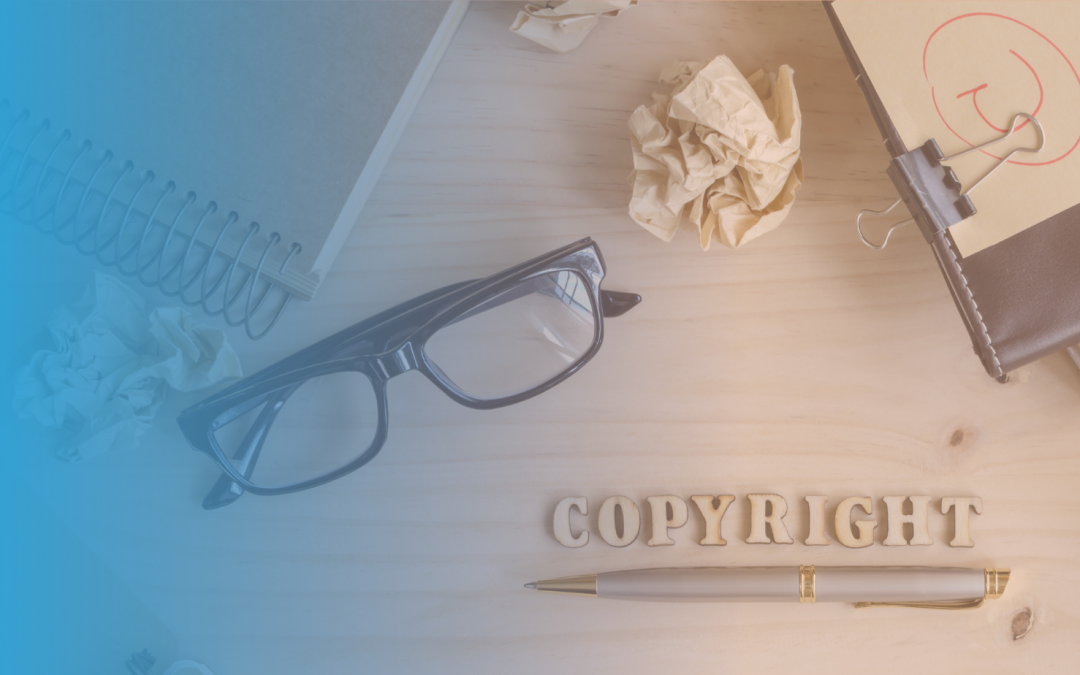By Deborah Shaw AE
At the end of May, we had the pleasure of hearing Karen Workman of Copyright Licensing New Zealand (CLNZ) talk about Aotearoa New Zealand copyright for editors.
In our line of work, some of us will be responsible for sorting out copyright permissions and issues, but many of us won’t have that responsibility. Even if checking copyright issues is not part of our remit, it’s still important that we know about copyright so we can look out for issues and raise them with our clients.
Copyright can come across as a dry topic, but Karen brought it to life with real-world examples from the literary, photography and design worlds. She gave us a fantastic breakdown of copyright in Aotearoa New Zealand. Her talk covered:
- what copyright is and how it fits into wider protections for intellectual property
- the foundations of Aotearoa New Zealand copyright
- how long copyright lasts
- exceptions to who owns copyrighted works
- the current status of copyright for AI-generated work in New Zealand
- the rights that are included within copyright
- what public domain and creative commons actually mean
- copyright within social media platforms
- fair dealing, including how New Zealand’s fair dealing provisions differ from the US concept of fair use.
Karen explained that while New Zealand’s copyright law shares many aspects with international laws, thanks to our participation in the Berne Convention, there are country-specific differences. She hinted at upcoming changes to New Zealand copyright law, with duration and AI-generated works two of the points up for change.
We learned about how copyright applies to the work we do for our clients and the key points we need to include in our agreements.
Important to both New Zealand and Australia are the rights around traditional and Indigenous works. Karen described Indigenous knowledge and works as not falling neatly under existing definitions of copyright. She highlighted the importance of asking ourselves and clients about story sovereignty and who has the right or mana to tell particular stories.
When we were chatting before the talk started, Karen said she could talk about copyright for hours. After her whirlwind tour of copyright, I have no doubt that she could – and with such enthusiasm! If you want an excuse to celebrate a holiday, 1 January is Public Domain Day.
Finally, Karen encouraged us to be our own advocates for copyright. By educating ourselves and our clients about copyright, we protect their rights and the rights of others.
A few additional resources:
- CLNZ website
- MyCreativeRights website
- Copyright Act 1994, if your to-read list is empty
A recording of this presentation is available to purchase and view until Friday 13 September.

